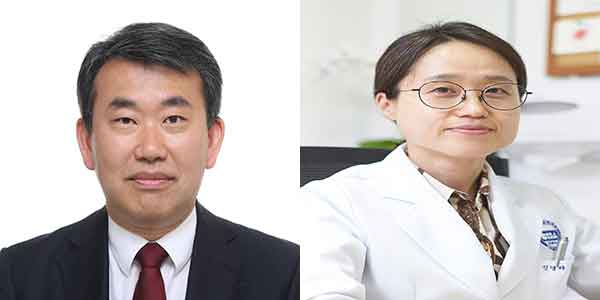Researchers at CHA University School of Medicine have discovered in a preclinical trial that clinical-grade human neural stem cells have therapeutic effects in treating Huntington's disease.

Huntington's disease is a typical neurodegenerative genetic disease. It usually develops between the ages of 35 and 44 and leads to death within 15 to 20 years. It exhibits typical symptoms such as chorea, depression, and dementia. The disease occurs in about five to 10 people per population of 100,000, but there is no effective treatment.
The team, led by Professors Song Ji-hwan and Kim Hyun-sook at the university, created an animal model of Huntington's disease from experimental rats and implanted human neural stem cells into damaged nerve tissue and observed the mice for eight weeks.
Afterward, the team conducted three types of exercise tests and confirmed the group’s performance improved by 30 percent or more compared to the control group.
The transplanted neural stem cells divide into various neurons and contribute directly to the repair of damaged nerve tissue due to Huntington's disease. Also, the procedure improved overall damage to the brain tissue by reducing glia scars and inflammatory responses, while increasing intrinsic neuronal formation and blood vessel formation.
"We used CTX neuron stem cells, developed by ReNeuron in the U.K., " Professor Song said. "The candidate is already in phase 2 clinical trials with stroke patients in the U.K. and the U.S., and the safety and efficacy of the cells have already been proven."
It is highly likely that the time required for clinical application in patients with Huntington's disease will significantly shorten in the future, Song added.
The results of the research were published in the May issue of Stem Cells.

